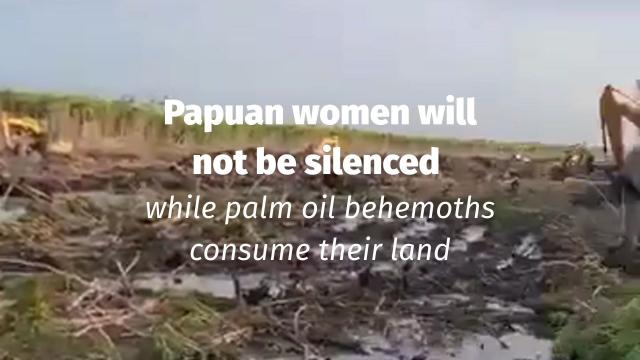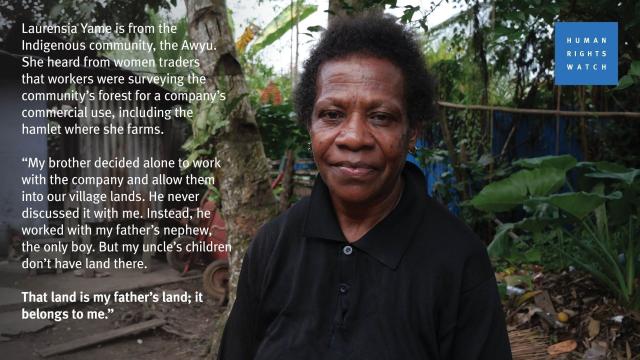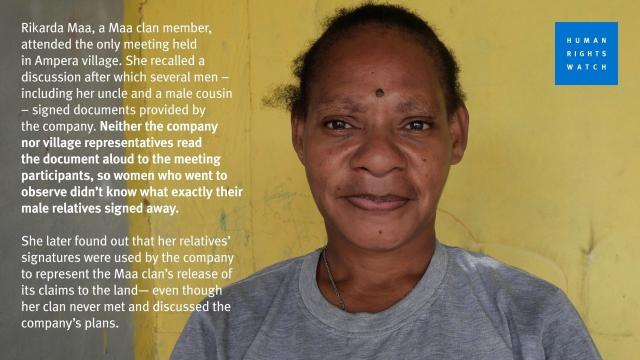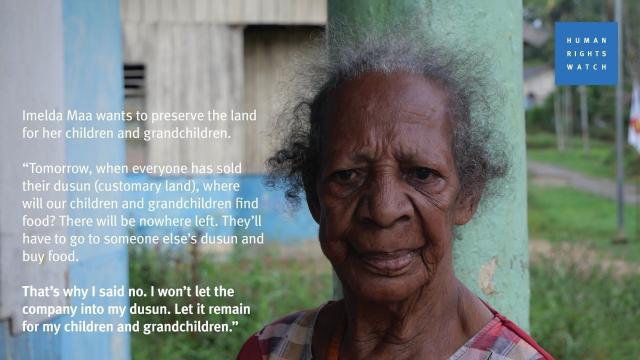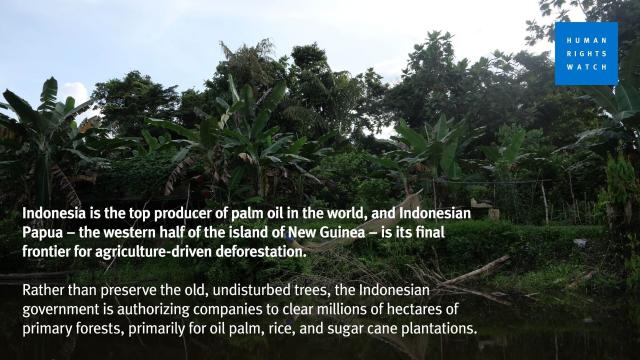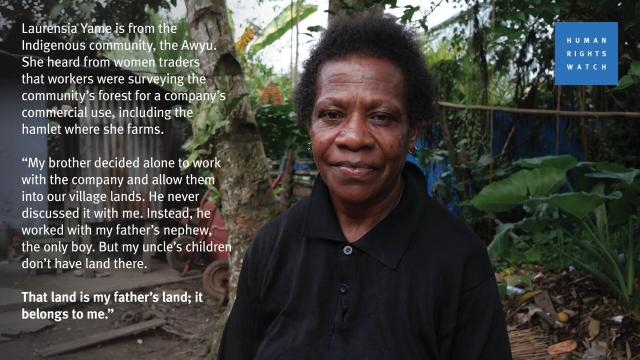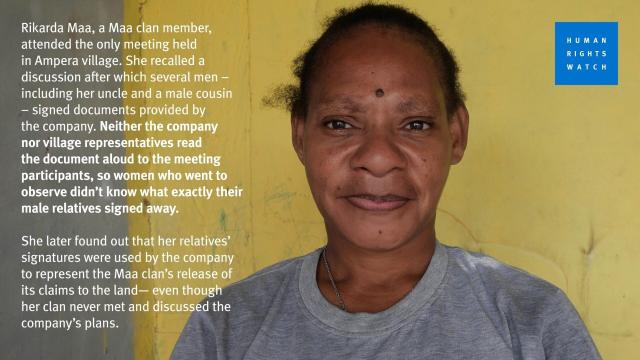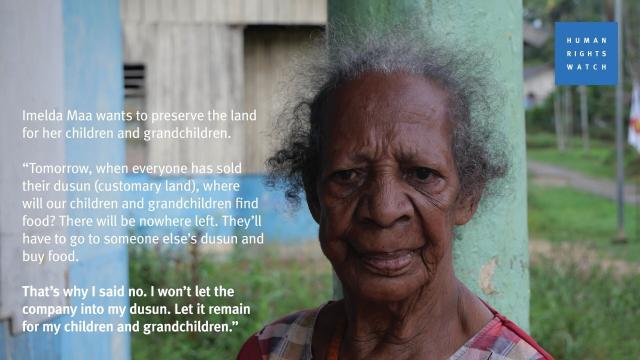Search
Items tagged with: LandRights
Indigenous Empowerment to Reverse Amazonia’s Mineral Demand
Illegal mining for minerals like gold is driving Amazonia deforestation. Empowering Indigenous peoples to care for biodiversity-rich areas is the key!Palm Oil Detectives
West Papuan Indigenous Women Fight Land Seizures
Indigenous Melanesian women in West Papua fight land seizures for palm oil and sugar plantations, protecting their ancestral rights. Join #BoycottPalmOilPalm Oil Detectives
'Carbon credits' turn #forest 🌳🔥 ecosystems into investments but deny #indigenous communities their rights and are often blatant #greenwashing. Use your wallet as a weapon and #Boycottpalmoil #Boycott4Wildlife #landrights @palmoildetect wp.me/pc
altermidya.net/how-conservatio…
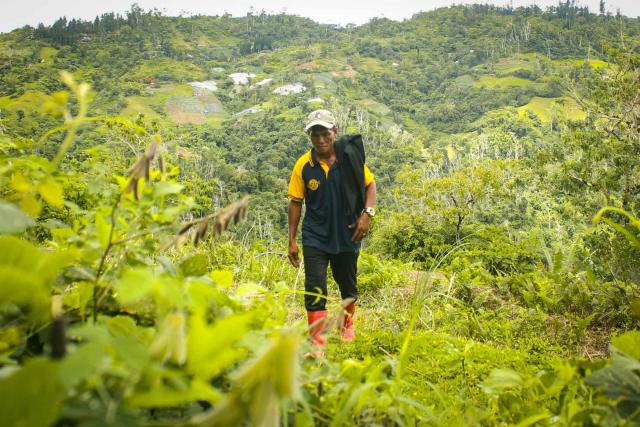
How ‘conservation’ became a cover for land grabbing from Cebu’s Cantipla farmers
By Salome Lapiten The land knows no master. Yet it recognizes a farmer’s calloused hands, worn with the same cracks that run through the barren land. ItAninaw Productions (Altermidya - People's Alternative Media Network)
Violence for Palm Oil Against Peasant Communities in Honduras Meets Resistance
In the Aguán Valley of northern Honduras, peasant communities reclaiming ancestral lands face increasing violence and intimidation from armed groups linked to organised crime. The Dinant Corporatio…Palm Oil Detectives
dayakdaily.com/native-landowne…
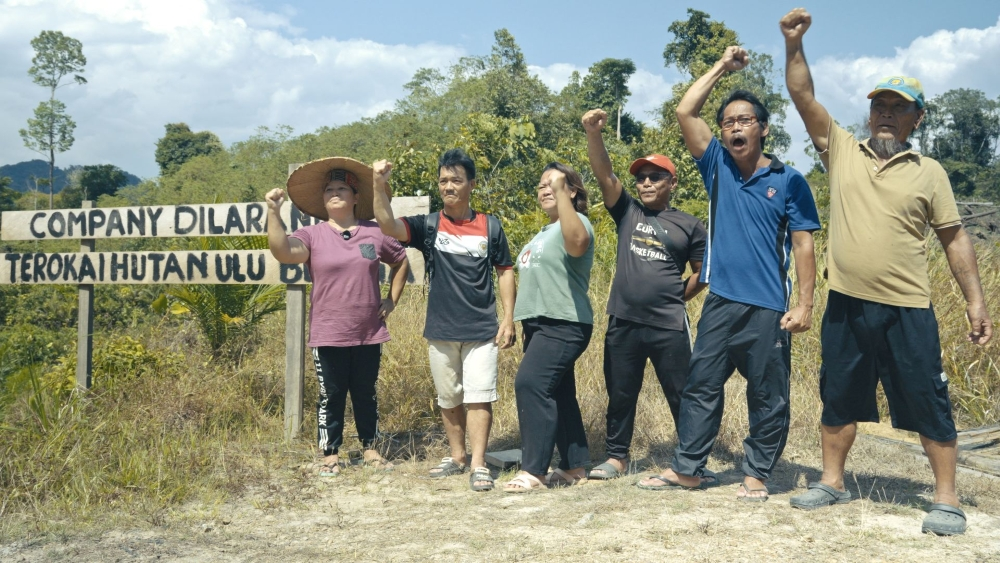
Native landowners celebrate win as plantation company halts forest clearing in Belaga
By DayakDaily Team KUCHING, Oct 30: Indigenous communities in Belaga have secured significant victory in their ongoing struggle to protect their ancestral lands after a plantation company has agree…DayakDaily
“Sustainable” Palm Oil No Different in Land Conflicts
Research reveals no significant difference between RSPO-certified “sustainable” palm oil and non-certified palm in Indonesian land conflicts. Boycott palm oil!Palm Oil Detectives
“There Will be Nowhere Left”
Read a new feature on how the government and companies take Indigenous lands without women's consent in Indonesia's South Papua.Human Rights Watch
Violence for Palm Oil Against Peasant Communities in Honduras Meets Resistance
In the Aguán Valley of northern Honduras, peasant communities reclaiming ancestral lands face increasing violence and intimidation from armed groups linked to organised crime. The Dinant Corporatio…Palm Oil Detectives
Key to tempering #Amazonia's mineral #mining demand for #gold and other metals is prioritising #Indigenous #empowerment #landrights and indigenous sovereignty #BoycottGold4Yanomami #Boycott4Wildlife @barbaranavarro @palmoildetect wp.me/pcFhgU-8TF
palmoildetectives.com/2025/05/…
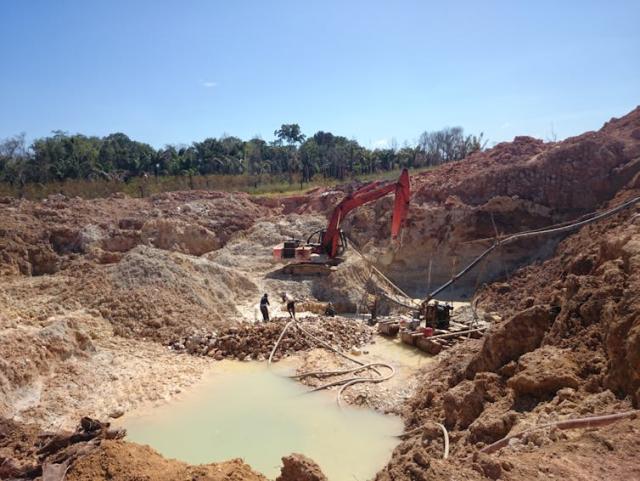
Key To Reversing Amazonia’s Mineral Demand: Indigenous Empowerment
Illegal #mining for minerals like #gold and cassiterite, the latter used for renewable energy, is driving #deforestation in Indigenous #Amazonia. Countries like #Brazil, #Suriname and #Guyana face …Palm Oil Detectives
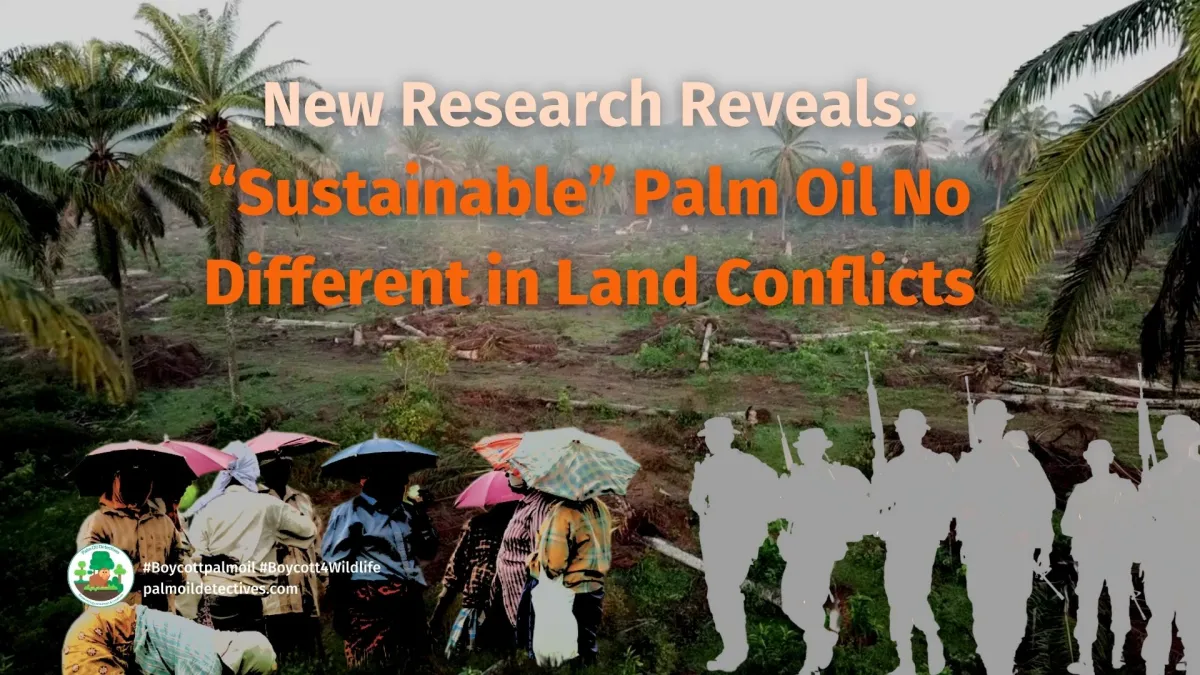
New Research Reveals: “Sustainable” Palm Oil No Different in Land Conflicts
New research published in the journal Political Geography reveals that there is no significant difference between RSPO-certified “sustainable” palm oil companies and non-certified ones …Palm Oil Detectives
Subsidiaries of Indonesia’s second-biggest palm oil company, PT Astra Agro Lestari (AAL), are running illegal plantations, grabbing community land, and intimidating critics, according to a new report by NGOs.
The report is a follow-up to a 2022 report by Friends of the Earth, and identifies at least 1,100 hectares(2,718 acres) of concessions that lie inside forest areas that should be off-limits to plantation activity.
by Hans Nicholas Jong
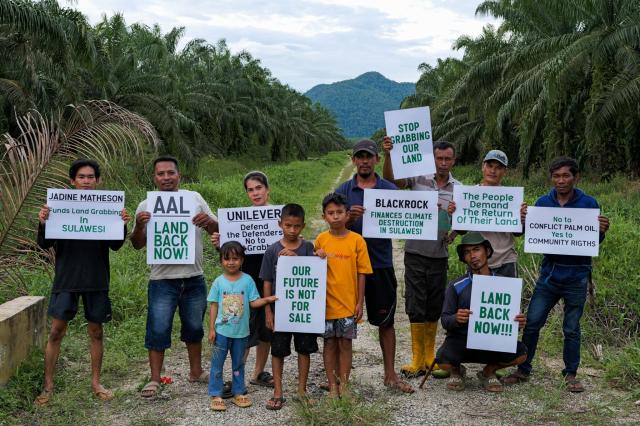
Allegations widen against Indonesian palm oil giant Astra Agro Lestari
JAKARTA — Allegations of illegal activity and land-grabbing against Indonesia’s second-largest palm oil company continue to mount as a new report reveals the firm’s violations appear to be more extensive than initially documented.hayat (Conservation news)
In the last few years it is likely that PepsiCo has been using in its production palm oil from deforested land claimed by the Shipibo-Konibo people in eastern Peru, a new investigation has found.
by Andrew Wasley, Aramís Castro, Elisângela Mendonça
news.mongabay.com/2024/04/snac…
#News #Environment #Conservation #Investigation #IndigenousPeoples #FoodIndustry #PalmOil #LandRights
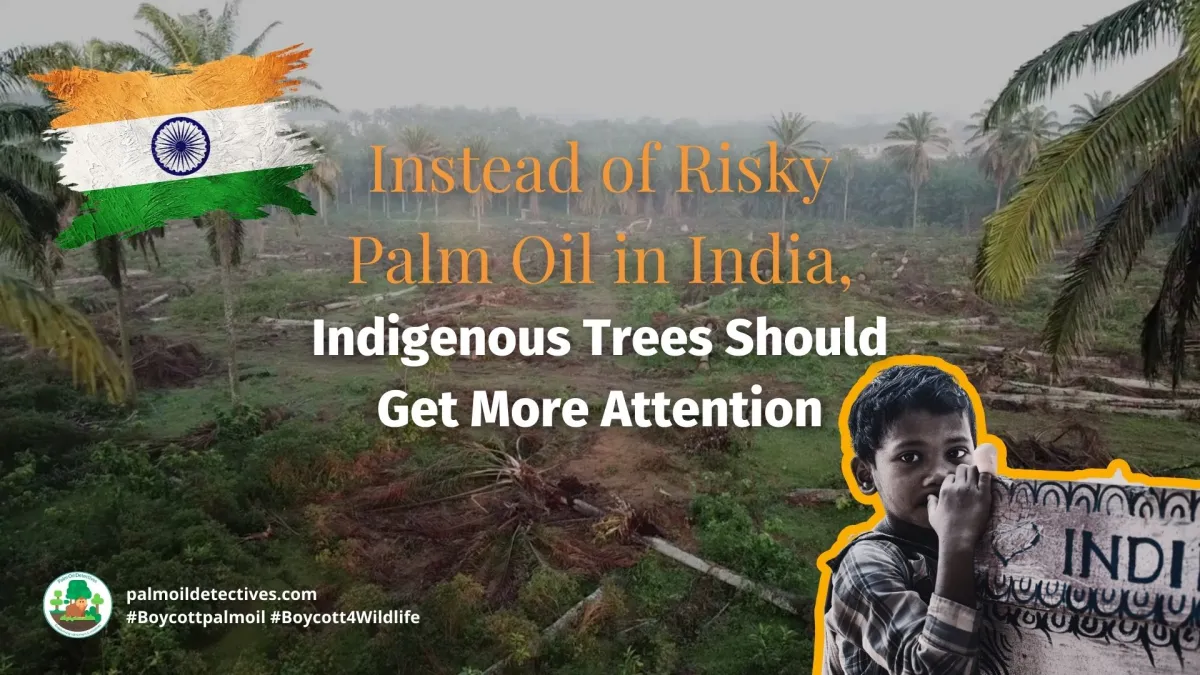
Instead of Risky Palm Oil in India, Indigenous Trees Should Get More Attention
In an effort to combat India’s edible oil shortage, the Indian government has heavily promoted the cultivation of exotic palm oil trees. This is a decision mired in controversy due to the ass…Palm Oil Detectives
"Indigenous peoples in Brazil are widely regarded as land protectors, and a new study of the Atlantic Forest confirms it."
“If we want to save the forest, we need the government to officially recognize that this is our land.”
#IndigenousPeoples #LandRights #ClimateAction #Biodiversity #Wildlife #Rainforest #Forest #IndigenousRights #FoodSovereignty
e360.yale.edu/features/brazil-…
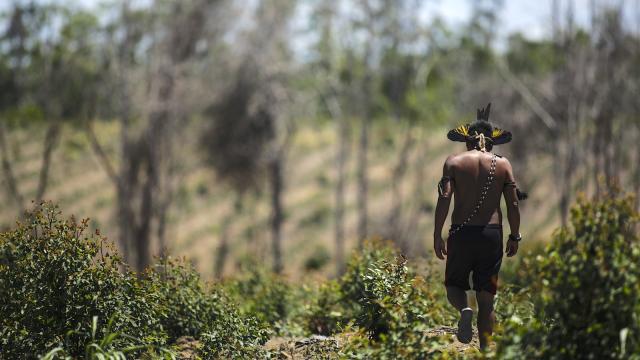
How Indigenous People Are Restoring Brazil’s Atlantic Forest
The Guarani Mbya people are working to restore the once-vast Atlantic Forest, which has been largely lost to development.Yale E360

